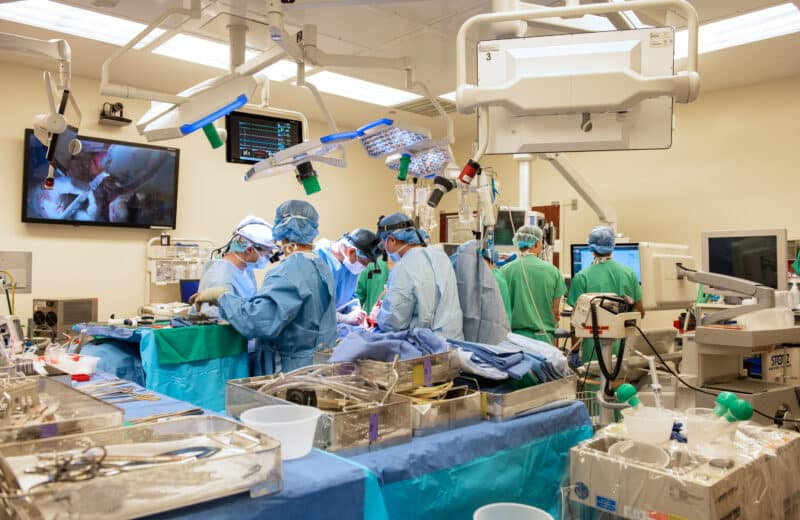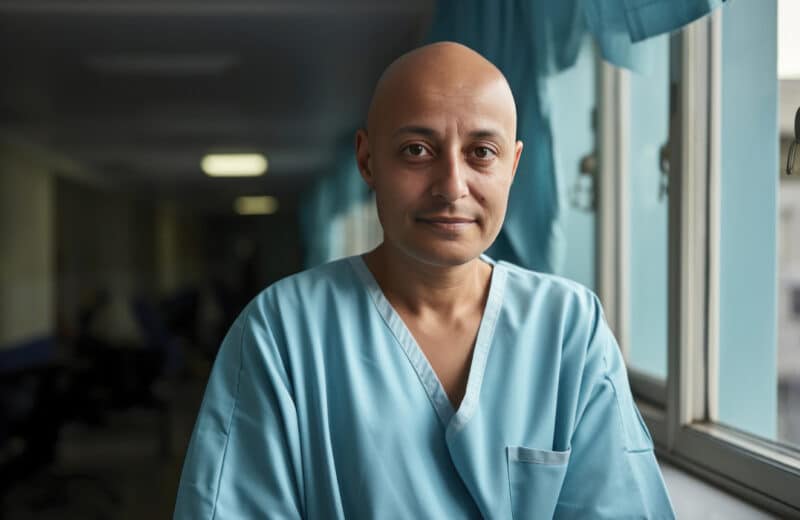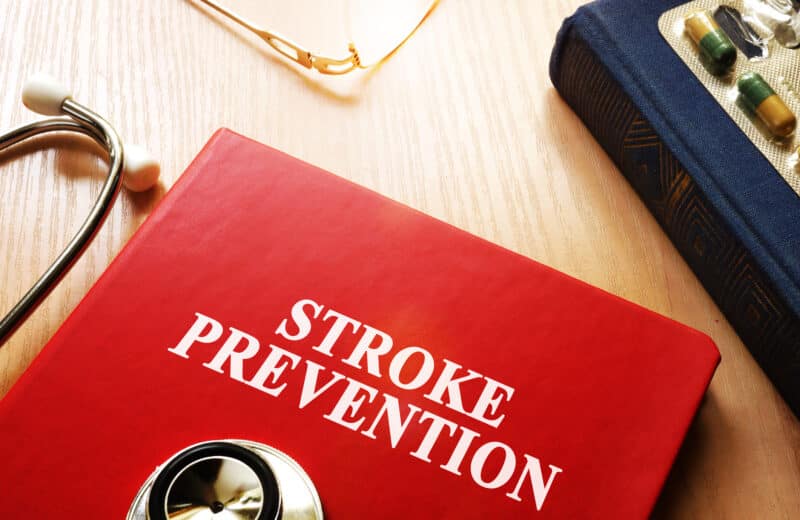The Medicine Cabinet: Ask the Harvard Experts
Q: An older cousin was recently diagnosed with colon cancer. Does that put me at higher risk? What’s the best ways for me to prevent it?
A: If your cousin is the only family member that has had colon cancer, your risk is probably the same as someone without any family history. But just to be certain, it’s a good time to get details about all medical conditions in other family members. This information helps you and your doctor decide on what cancer screenings are right for you.
For people at average risk of colorectal cancer, screening should start at age 50. Most doctors recommend a colonoscopy once every 10 years. There are alternative ways to screen, such as periodic sigmoidoscopy and stool tests.
In addition, there a few ways everyone can help lower their risk of developing colorectal cancer.
Limit red and processed meat. The danger may stem from how we cook red meat — grilling or pan-frying at high temperatures releases cancer-promoting chemicals. The culprits in processed meats like salami, bacon, and hot dogs are probably the preservatives — nitrates and sulfites. These additives might themselves cause cancer or feed the gut bacteria that contribute to colorectal cancer development.
Get physical. Exercise is one of the best-researched ways to reduce the risk of colon cancer. Studies have consistently found that adults who are more active cut their risk by 30 percent to 40 percent compared with those who are sedentary.
Improve your diet. Getting your carbohydrates as whole grains and eating plenty of vegetables will help maintain a healthy weight and helps lower cancer risk. Instead of buying white bread, get 100 percent whole grain. Swap French fries for spinach, broccoli or green beans.
Make sure you get enough vitamin D. Studies suggest that low vitamin D levels can be associated with a higher risk of colon cancer. Consider taking 1,000 IU of vitamin D daily, especially during the winter months.
Don’t smoke. The connection between smoking and colon cancer is strong, particularly among female smokers.
(Howard LeWine, M.D. is an internist at Brigham and Women’s Hospital in Boston and assistant professor of medicine at Harvard Medical School..)












